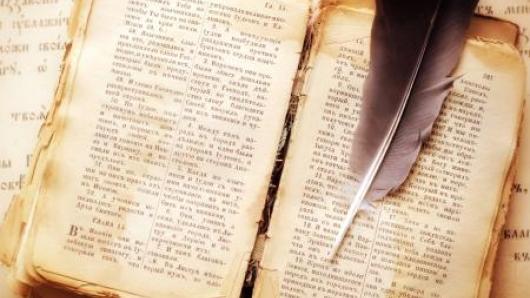Poetry in America: From the Civil War Through Modernism

Associated Schools



This course surveys the critical evolution in American literature from the antebellum and Civil War eras to twentieth-century modernism. Encountering such poets as Herman Melville, Julia Ward Howe, Walt Whitman, Francis Ellen Watkins Harper, Emma Lazarus, and W.E.B. DuBois, we examine the language of patriotism, pride, violence, loss, and memory inspired by America's greatest conflict, the Civil War. In the modernist period, from the 1910s to the mid-1940s, we encounter a movement whose poetry marked a clear break from past traditions and forms. We read such poets as Robert Frost, T.S. Eliot, Marianne Moore, Langston Hughes, William Carlos Williams, Edna St. Vincent Millay, Claude McKay, Dorothy Parker, and Wallace Stevens, studying how these poets employed the language of rejection and revolution, of making and remaking, of artistic appropriation and cultural emancipation. Exploring the homes and workplaces of Frost and Stevens, the Poetry Foundation in Chicago, and the River Thames of Eliot's The Waste Land, we see the sites that witnessed—and cultivated—the rise of American modernism.